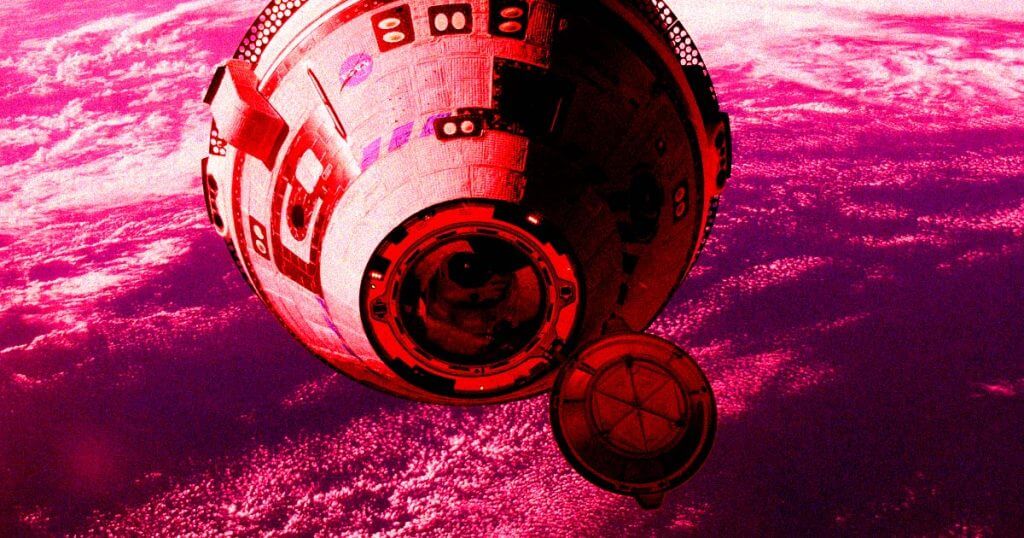Over the weekend, NASA finally announced its decision: Boeing’s plagued Starliner is coming back empty-handed.
Instead, NASA astronauts Butch Wilmore and Suni Williams — who flew up on the troubled capsule — will get a ride on board SpaceX’s Crew Dragon in February. It’s an extremely unfortunate development for Boeing, a company that has been battling with Starliner’s development for years now.
Technical mishaps, supply chain issues, and many years of delays have resulted in a whopping $1.6 billion budget overrun since 2016, Reuters reports.
But NASA is now focused just on getting Starliner back in one piece.
“I am not sure the decision will ultimately be NASA’s,” former NASA deputy administrator Lori Garver told Reuters when asked if Boeing would stay in NASA’s Commercial Crew program. “Boeing is going to have to foot much of this bill, as they have been.”
And when we asked Boeing whether Starliner might get canceled, the company didn’t exactly jump to defend the project.
“Boeing continues to focus, first and foremost, on the safety of the crew and spacecraft,” a spokesperson said. “We are executing the mission as determined by NASA, and we are preparing the spacecraft for a safe and successful uncrewed return.”
Worse yet, NASA’s inspector general released a damning report earlier this month, finding that Boeing’s contributions to NASA’s Moonbound Space Launch System are also many years behind and way over budget.
And that’s not to mention years’ worth of controversies plaguing Boeing’s passenger jet business and executive shakeups.
In short, Starliner’s failure is only the tip of the iceberg, with analysts and industry experts raising doubts that the spacecraft will ever fly again, according to Reuters.
Boeing’s first crewed test flight was designed to give NASA the confidence to certify it for regular crew rotation missions to the International Space Station, providing redundancy in case SpaceX’s Crew Dragon were to get sidelined.
Instead, nagging gas leaks and related thruster issues raised enough doubts among space agency officials to have Wilmore and Williams ditch the spacecraft for their return, a black eye for a spacecraft that’s already years behind and billions of dollars over budget.
“Boeing’s other businesses aren’t terribly vulnerable to disruption,” aerospace analyst Richard Aboulafia told Reuters. “But space? That’s another story.”
“Do they ultimately exit the program because it’s too complicated and because the other guy can do it better?” Melius Research analyst Robert Spingarn told Bloomberg. “It can happen.”
As Reuters reported earlier this month, Boeing is even in talks to sell a joint rocket-launching business with the United Launch Alliance to the space company Sierra Space. Skilled workers are jumping ship and joining Elon Musk’s SpaceX and Jeff Bezos’ Blue Origin.
Meanwhile, time is running out for Starliner. The ISS is set to be retired around 2030 and it’s already been five years since Boeing’s first uncrewed Starliner test flight ended in failure.
Whether the capsule could serve as a way to deliver astronauts to a private successor to the space station feels like a risky gamble.

